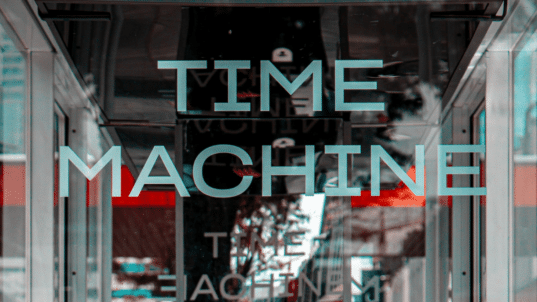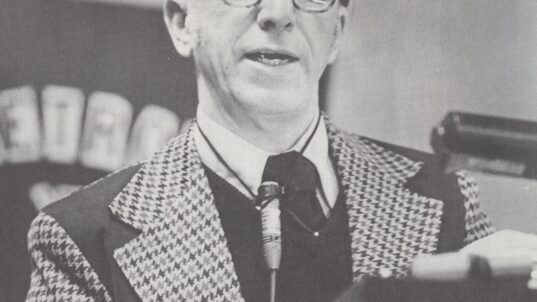Discussion Projects are one of our core activities in the Interactivity Foundation. In these projects we use two parallel discussion groups or panels. These panels run independently of each other for most of the project. One panel is made up of citizens who are simply interested in exploring the subject matter through collaborative discussions. The participants are chosen largely without regard for any specialized knowledge regarding the discussion topic. We often call this panel a “Generalist Panel.”
The participants on the other panel are chosen both for their willingness to engage in collaborative and exploratory discussions, and for their ability to open up some particular dimension of the discussion topic. These are people who have had some substantive engagement with a particular aspect of the area of concern. This engagement might come from their research, from their work, or from their professional training and experience. This focused engagement should enable them to open up different perspectives on the area of concern. Because of their ability to open up these specialized perspectives, the group is often called a “Specialist Panel.”
In our Project Discussions our expectations for “Specialists” differ from the typical role of “Experts” in many conventional policy discussions. In many policy discussions people expect to hear from Experts in order to settle disputes and end deliberations. Experts can give us answers. They can tell us the way things are. In our IF Project Discussions, however, we look to our Specialists not to close down discussions, but, rather, to open up new lines of questioning. Instead of simply providing answers, we look to our Specialists to help the panel to expand and develop the questions that we, as a society, might have to grapple with regarding the area of concern. We look to our Specialists to help open up new perspectives on the area of concern. We want them to help the rest of the panel to uncover new or different dimensions of the area of concern, dimensions the panel might not otherwise discover.
Of course, we want our Specialists to share what they know. We assume that their thinking will be informed by the knowledge they’ve gained. But we don’t want them to confine themselves to reporting on what they know, telling us the way things are from their specialized vantage points. We want them to use that knowledge about the way things are, or have been, to help the panel to think about the way things could be—to develop alternative visions of different possible futures. By opening up divergent perspectives, Specialists can enrich the project discussions both by helping the panel to see more dimensions of the area of concern and by helping the panel to envision alternative ways to address these through public policy or other forms of social action.
–Jeff Prudhomme



